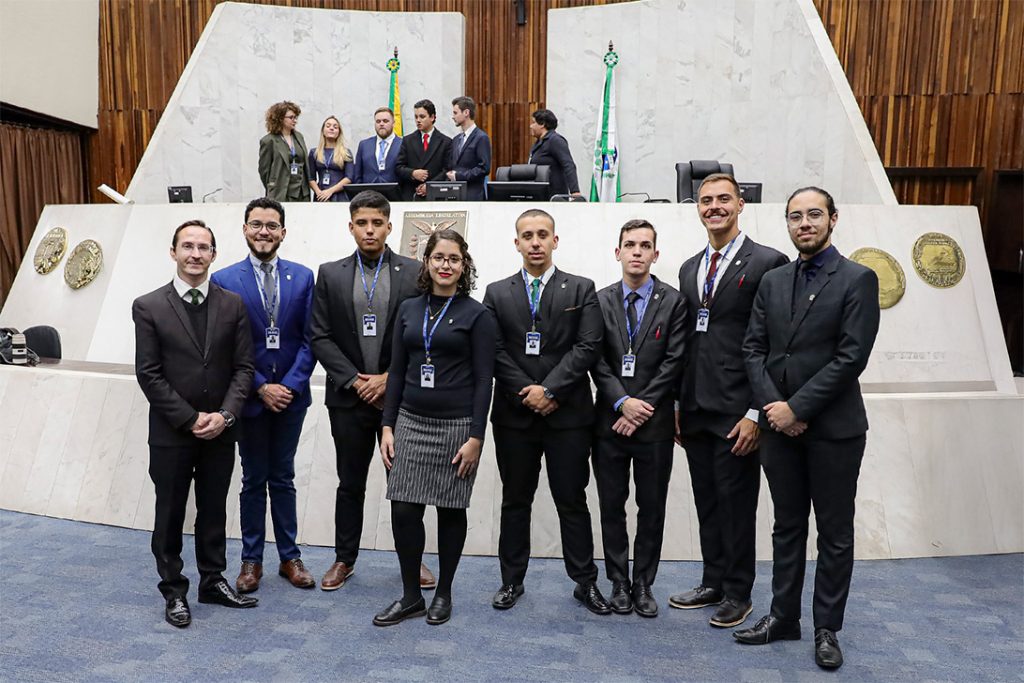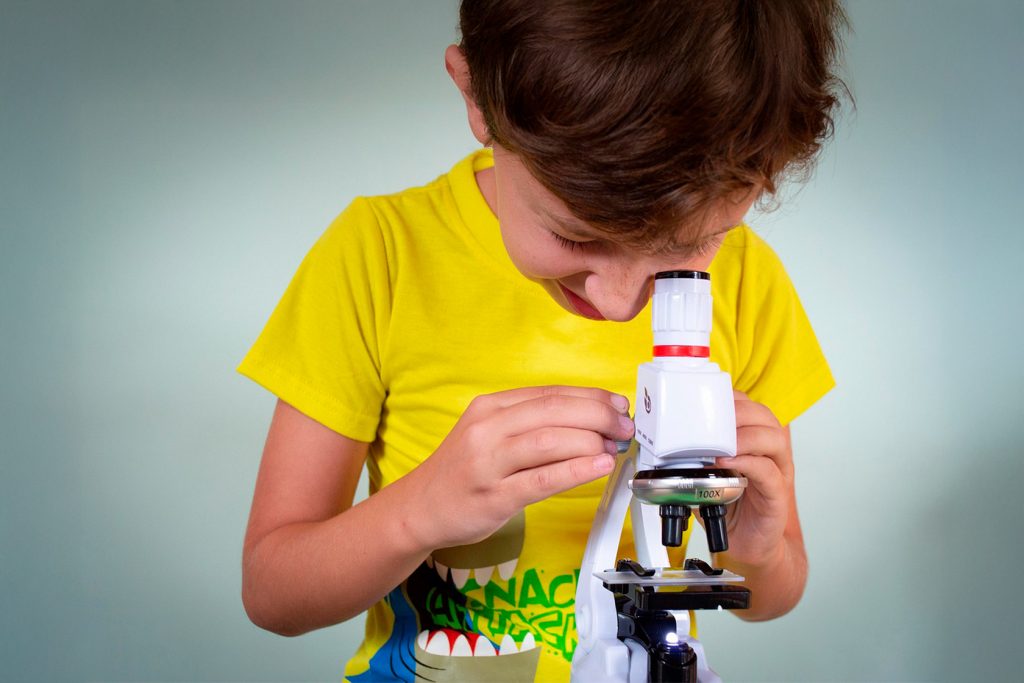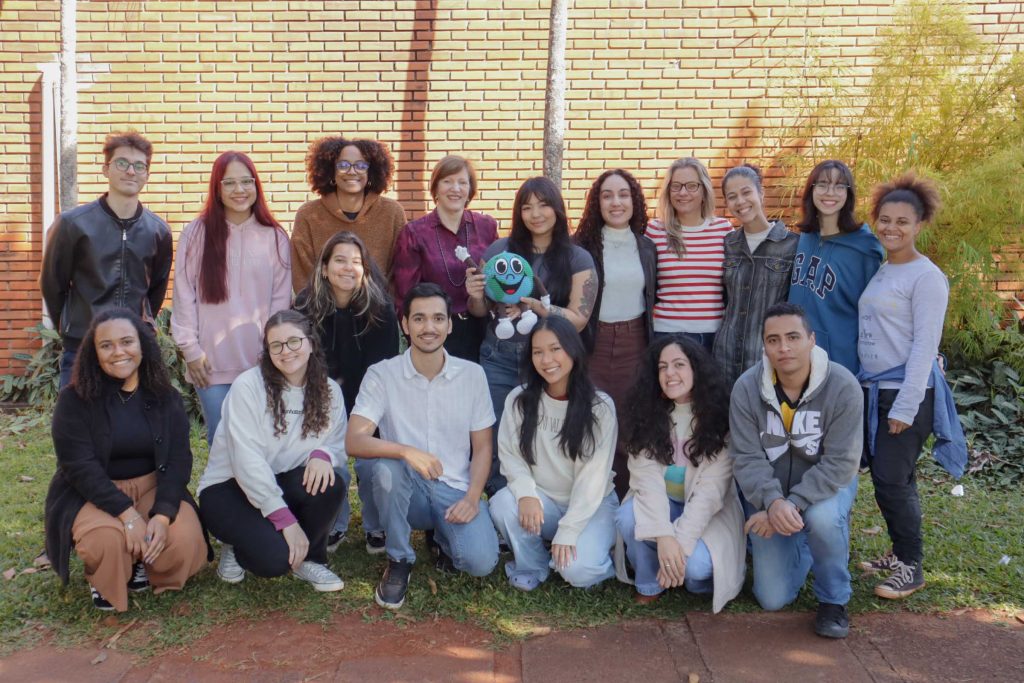[EN] UEL is one of the three Brazilian universities with the largest number of publications on coronavirus
[EN] UEL is one of the three Brazilian universities with the largest number of publications on coronavirus
Brazil occupies the 17th position in the world list with 217 publications on coronavirus.The state universities of Paraná have been acting intensely in the fight against the new coronavirus offering an important human and infrastructure potential. In addition to research, ranging from monitoring the evolution of Covid 19 and developing diagnostic kits, to direct care actions for the population with multidisciplinary teams trained to work on the front lines in health institutions.
According to data from Web of Science, released by Fapesp (São Paulo Research Foundation), the State University of Londrina (UEL) is among the three Brazilian universities with the largest number of publications on the coronavirus in Brazil. The University of São Paulo (USP) appears first, with 91 studies published, followed by The State University of São Paulo (UNESP) with 32 and UEL with 21. Brazil occupies the 17th position in the world list with 217 publications. The list is led by the United States (4,400 studies), followed by China (2,523).

“The data show the quality of our state universities and our capacity of producing Science, Technology and Innovation, which have contributed to the development of Paraná”, says Amauri Alcindo Alfieri, president of the Council of Research and Graduate Pro-rectors of the Araucária Foundation and pro-rector of research and postgraduate studies at UEL.
He explains that, in addition to UEL publications, originated from research on animal coronavirus, there are important studies being developed at the University Hospital. “Considering a more practical action, UEL and other universities even have equipment for the production of diagnostic kits that can contribute with the Government”.
Work networks
There is a lot of research on Covid-19 in progress, mainly because it is a new virus and its clinical evolution is very different from what existed until then. State universities are forming networks of researchers to intensify these works.
The head of the Microbiology Department of the Biological Sciences Center (CCB) at UEL, Professor Galdino Andrade, explains that a group of researchers is being formed including different areas of interest and different studies. Studies include researches with infectious agents of medical and environmental importance, detection, diagnosis and control, including the research and development of new antimicrobials (antivirals, antibacterial, antifungals and antiprotozoans). Virologists study the virus RNA / host DNA interaction. “We also have a project that aims to expand actions to fight Sars-CoV-2, the etiological agent of the disease caused by the new coronavirus”, said Galdino Andrade.
At the State University of Maringá (UEM), some researchers have worked mainly on monitoring the evolution of Covid 19 based on models described in the literature. However, according to the head of the Clinical Analysis and Biomedicine department, Dennis Armando Bertolini, there is potential for a breakthrough in the scientific production.
“We have the potential for studies of basic and applied epidemiology, molecular epidemiology, development of laboratory tests, new technologies for laboratory diagnosis, participating in clinical studies for new therapeutic options, discovery of new drugs, evaluation of the immune response and studies of viral immunopathogenesis”, Bertolini states.
“Universities are working hard, day and night, to fight this pandemic. We have assets, personnel and equipment that can contribute a lot to this mission, since there are several researchers who already work in these research lines”, stressed the research provost and graduate from UEM, Clóves Cabreira Jobim.
Challenge
According to the president of the Araucária Foundation, Ramiro Wahrhaftig, the moment is critical and requires science and a great deal of knowledge production. “At the same time that we are facing such a huge challenge on a global scale, we are happy to hear about the strength and competence of our Science, Technology and Innovation System”, he says. “Our researchers and institutions show high commitment to this cause, in a qualified and recognized manner”.
“We have been following their coordinated efforts and we are trying our best to support them. We will do this with great determination and recognition to our researchers”, added the director of Science, Technology and Innovation, Luiz Márcio Spinosa.
Most scientific production comes from public universities
The general superintendent of Science, Technology and Higher Education of Paraná, Aldo Nelson Bona, reinforces that more than 90% of all Brazilian scientific research is developed in public universities and that state universities are contributing a lot to the advancement of science in the country.
“UEL stands out at the moment, and it is important to highlight the relevance of scientific research carried out at all the seven state universities”, he says. “They are strong in basic and applied research and contribute greatly to the advancement of this area and to positioning Brazil as a science producing country “.
Local solutions
Bona recalls that much of the research is related to the solution of local, regional problems. “Our effort has been that, increasingly, the commitment of our universities is to research and find solutions that promote the development of their communities, their region. That meet the demands and interests of the population”, he affirms.
(With information and PHOTO of the Araucária Foundation and AEN / PR).
Tradução – Programa Prática de Tradução e Interpretação em Língua Inglesa/LEM/UEL. Tradução: Leonardo Amaral Carneiro. Revisão: professora Fernanda Machado Brener.
Confira matéria completa originalmente publicada em Português: UEL está entre as três universidades brasileiras com maior número de publicações sobre coronavírus




